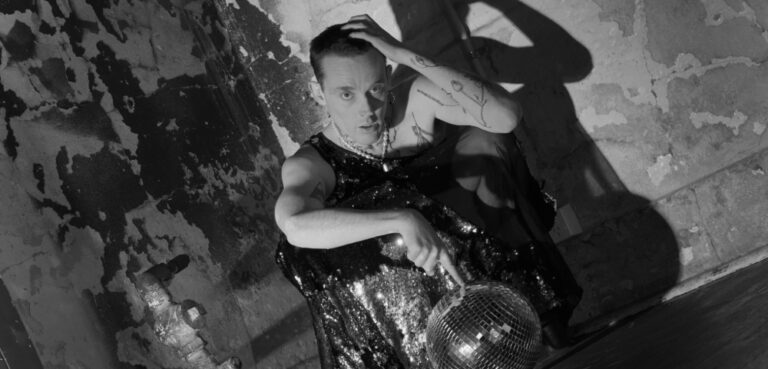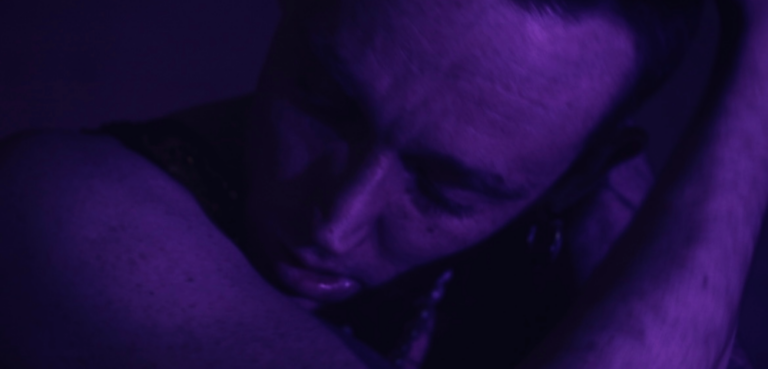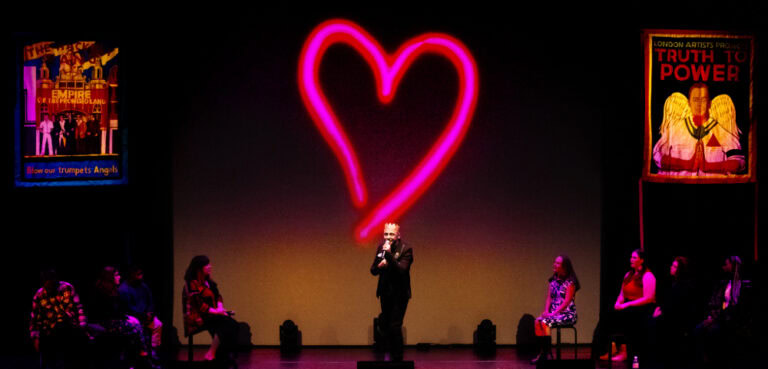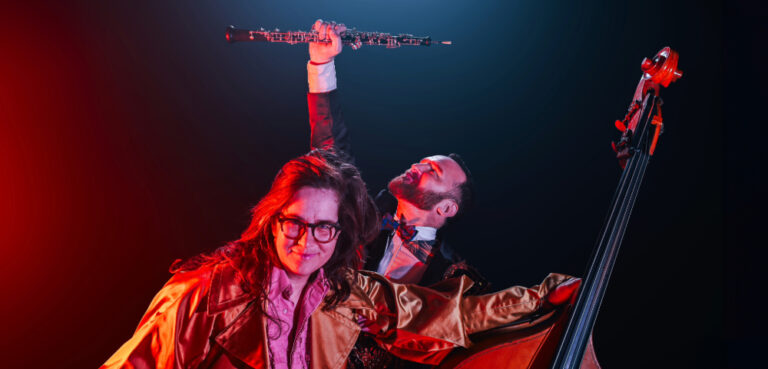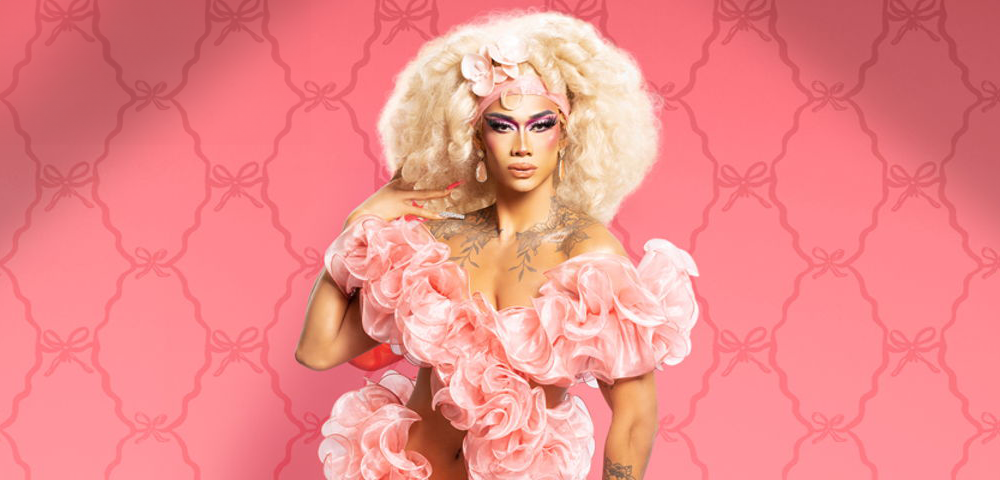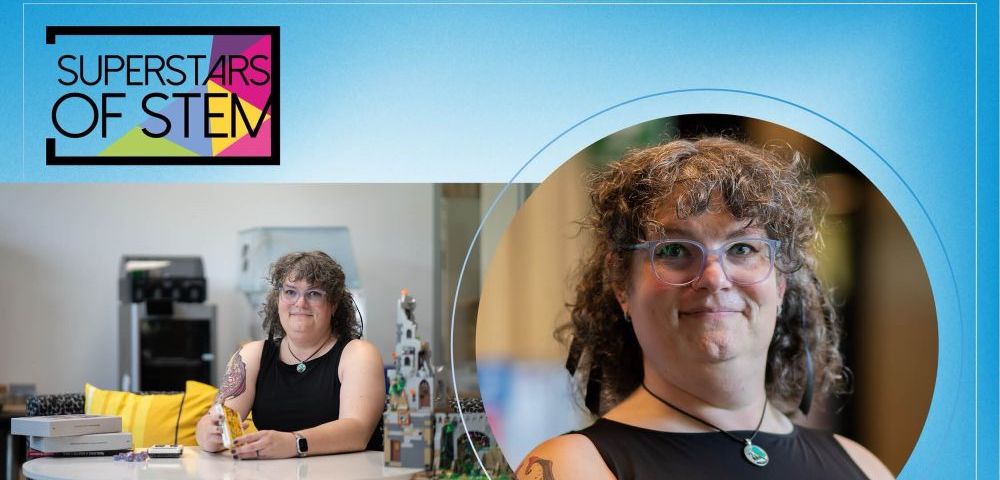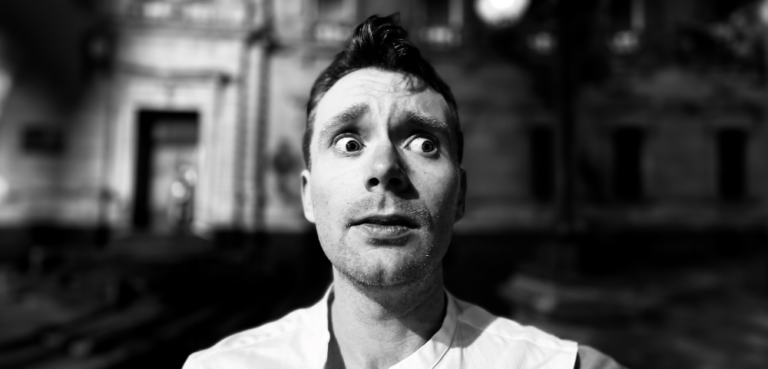
Femme, masc, or butch: gender roles in the queer community
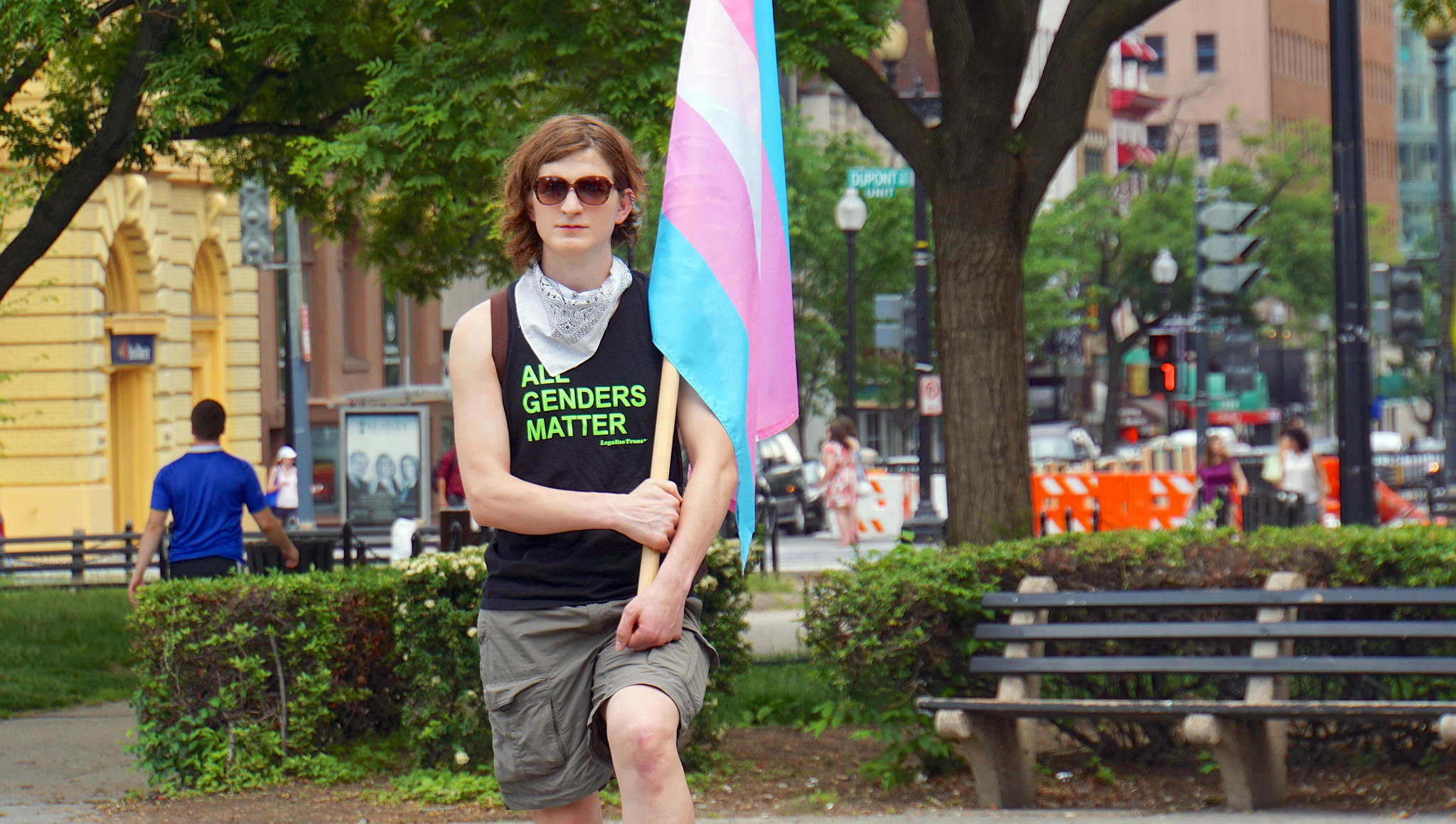
Gender roles and presentation can be loaded for LGBTI people. Jess Jones spoke to some diverse folks about being femme, masc, or butch and what it means to them.
Gender and sexuality are separate but related ideas.
How we think of our orientation can tie in with how we present ourselves on the spectrum from femme to masc.
I spoke to people from different parts of the LGBTI community about their experiences of being femme, masc, or butch, and what it means to them.
Tiara is a queer non-binary woman in Melbourne, whose background is Bangladeshi–Malaysian. She says she leans towards being femme or ‘hard femme’ in her gender presentation.
“For a long time I didn’t think I could be any flavour femme because I found femininity to be an unfeminist trap,” she says.
“I didn’t really start wearing dresses ‘til like 2008 and went ‘ooh, they’re comfortable’”.
Tiara began expanding her horizons in terms of sexuality and politics as well as fashion.
“Around that time I also started exploring my sexuality more, and I started to find femme groups, specifically femme of colour groups,” she says.
“And I really appreciated their politics around how gender, race, sexuality, and femininity intertwined – not just in terms of looks but also in expectations around femme labour and visibility.”
Tiara believes there’s more to femme than just how you dress.
“People tend to focus on the fashion a lot, but there’s also things like how femmes end up being caretakers even in queer relationships, or how it’s the femmes that take on a lot of invisible organising work,” she says.
Tiara has found that what constitutes femme varies between cultures, and her own gender is read differently when she travels to different places.
“Come to Asia and a lot of the traditional femme outfits involve trousers,” she says. An example of this is the salwar kameez, a long tunic top with trousers and a long scarf, commonly worn by women in South Asia.
“In Bangladesh if I’m not wearing a salwar kameez or a sari I’m parsed either as male or as ‘foreign’ and therefore genderless somehow.”
Tiara has dated people ‘across the spectrum’ of femme and butch. She says the misperception that all gay relationships involve a femme person and a butch person is so widespread, even people within the queer community sometimes expect it.
Evie is a trans woman in Brisbane who transitioned 15 years ago. For her, being a woman has sometimes been tied up with being femme.
“When I first started transition I had pressure put on me by the LGBTI community and cishet people to dress and present as femme,” she says.
“For example, I was told I had to only wear skirts for the first year of my transition.”
Evie says people would question her ‘resolve to be female’ when she initially struggled with makeup.
“It felt like my trans identity would constantly be judged on how femme I appeared,” she says.
The pressure to be femme during transition came from all fronts, and Evie felt it was implied even by doctors.
“There was a feeling that to access some medical support like approval for surgery that I needed to present or identify in a certain way,” she says.
Evie is into physical pursuits like skateboarding and extreme sports. While her lifestyle hasn’t always been compatible with dresses and lipstick, lately she’s been focusing more on dressing and presenting as femme again.
“I do notice that when I make the effort to be more femme people pay me more attention and seem to take me more seriously,” she says.
“A part of me also loves being butch as fuck and to tell everybody to fuck off with what they think about me. But being too butch now triggers gender dysphoria and worrying about looking too masculine.
“I am grateful to the community who have helped me to learn and discover who I am.”
Ashley is also a trans woman. Aged in her fifties, she began transition only last year after a lifetime of presenting as an ‘ordinary, blokey’ man.
“The scariest thing I’ve ever done was the first time I walked into a café dressed as a woman,” she says. “I don’t think I was particularly convincing. It was terrifying.”
Ashley has in some ways retained parts of her ‘blokey’ past life – she’s what you might call ‘tough femme’.
When I compliment her immaculate artificial fingernails, she tells me about the hardware rig she has set up to paint them before application. And she has more unconventional beauty secrets.
“Cracked heels – use the orbital sander,” she says.
Ashley hopes to be able to afford some facial feminisation surgery soon to make her appearance more femme.
“I’m dysphoric about my eyebrow ridges and Adam’s apple,” she says. “And I’ve always hated my chin. Cis people just have facelifts at this age. It’s not so different.”
Part of Ashley’s motivation to present very femme is to make her gender clear to other people during transition.
“It helps people you interact with by giving them clear signals on how you wish to be treated,” she says.
Long hair, makeup, and feminine clothing help make it obvious that she’s female and minimise misgendering by strangers.
“Since transition, I’m enjoying these things that are taboo to guys,” she says. “And I love the ‘trans effect’ of people underestimating my age – that tells me I got the makeup all right today.”
While the idea of femme is complex for women and gender diverse folks, what about for cis men?
Dan is a gay guy who divides his time between Sydney and Melbourne. He finds femme is a totally different concept for guys, and one that is often stigmatised.
“The most black and white way it manifests is in online dating,” he says. “It’s only ever one way – masc for masc.
“The wider issue is the suppression of the feminine in every part of life, while turbo masculinity is celebrated.”
Dan sees the femmephobia in the gay male community as an extension of misogyny.
“There’s something about the idea that if you’re presenting as feminine in any way then that’s going to be considered less important and less valued,” he says.
Dan thinks straight guys these days can be less hung up on gender roles and presentation than gay men are, and recounts seeing straight friends in femme outfits at a recent festival.
“There were cool, progressive straight Melbourne dudes celebrating their femininity in ball gowns and fairy wings with their mates,” he says.
“I think they’re not going to do it in their day-to-day lives, but when the festival is over and the dress comes off, their mindset is forever expanded.”
Dan says for gay guys, the same freedom to play with gender presentation isn’t there.
“In the gay world it doesn’t seem cool to play in the feminine space, because you’ve got to be cool and tough and sexy,” he says.
“When we say ‘I’m into guys, therefore I’m into masc’, I think that’s just a convenient way of trying to explain your prejudice or fear.”
Dan says masc and femme are performative, particularly in the gay space.
“It’s all a charade,” he laughs, and says he tends to be attracted to guys who can show both masc and femme traits.
Dan says he would probably be described as masc – a way he’s learned to present – but that he can also be camp, a side of him that is heightened in certain company.
“When I’m hanging out with my drag and performer and trans friends, I put that version of myself forward.
“I was kind of an effeminate kid,” he adds. “I wonder in what stage of my process of learning to be I practised the other way enough that it was able to be called upon.
“I just think that I’m a better actor than most. We all have learned ways of being. Somewhere along the way I feel like I might have sold out.”
